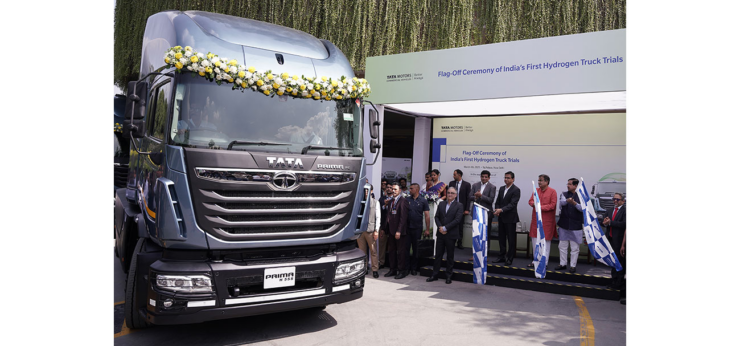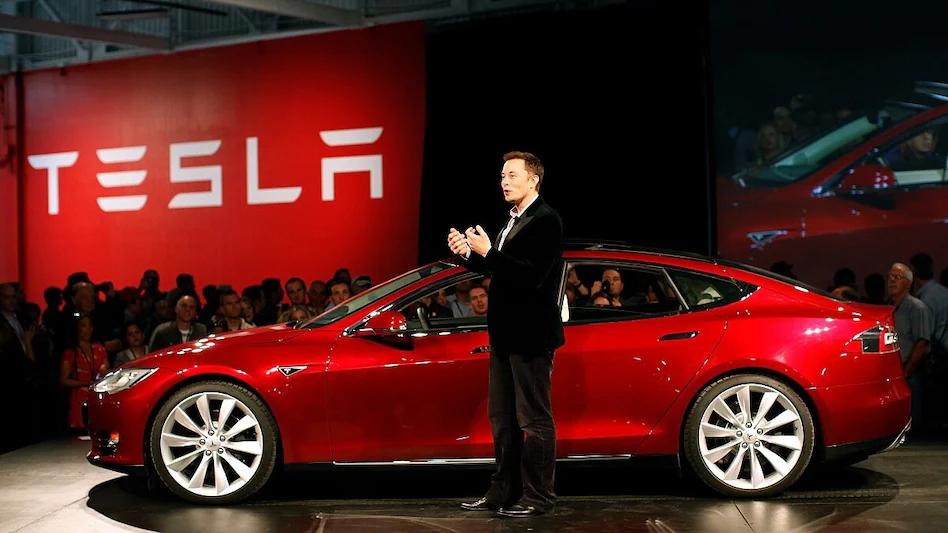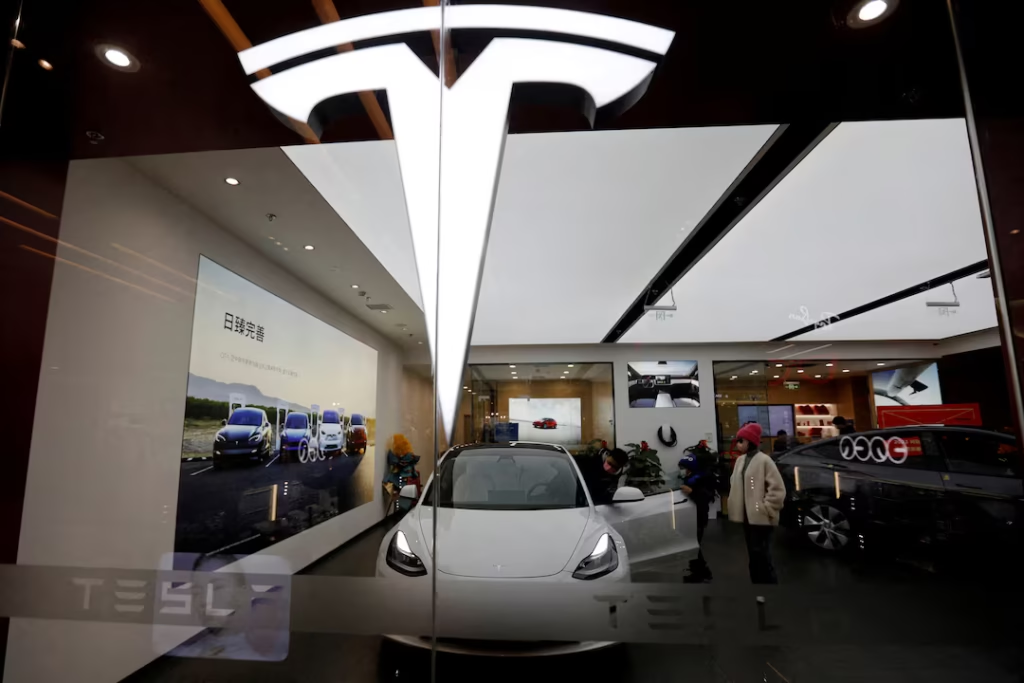In front of Union Ministers Nitin Gadkari and Pralhad Joshi in New Delhi on Tuesday, India started testing hydrogen-powered heavy-duty vehicles.
These trials were started by Tata Motors on March 4, which was the first time the nation used hydrogen fuel for long-distance cargo vehicles.
The goal of this milestone is to encourage sustainable mobility and lower emissions in long-haul freight transportation.
“With its enormous potential to revolutionise India’s transport sector by lowering emissions and boosting energy self-reliance, hydrogen is the fuel of the future,” Gadkari declared. These kinds of projects will hasten the heavy-duty trucking industry’s shift to sustainable mobility and bring us one step closer to a productive, low-carbon future. I commend Tata Motors for spearheading this important development in the direction of hydrogen-powered smart and environmentally friendly mobility.
During the up to 24-month testing period, 16 cutting-edge hydrogen-powered vehicles with various designs and payload capacities will be deployed. These trucks will be tested on important freight routes, including as Mumbai, Pune, Delhi-NCR, Surat, Vadodara, Jamshedpur, and Kalinganagar. They are outfitted with hydrogen internal combustion engines (H2-ICE) and fuel cell (H2-FCEV) technologies.
This project, which aims to assess the practicality of hydrogen-powered trucks while creating the infrastructure required for their widespread adoption, is in line with India’s larger green energy objectives and the National Green Hydrogen Mission.
Tata Motors will use trucks equipped with hydrogen fuel cell electric vehicles (H2-FCEV) and hydrogen internal combustion engines (H2-ICE). Among the models are the Tata Prima H.28 H2-ICE truck and the Tata Prima H.55S prime movers, which come in both H2-ICE and FCEV variants. The driving range of these cars is between 300 and 500 km.








